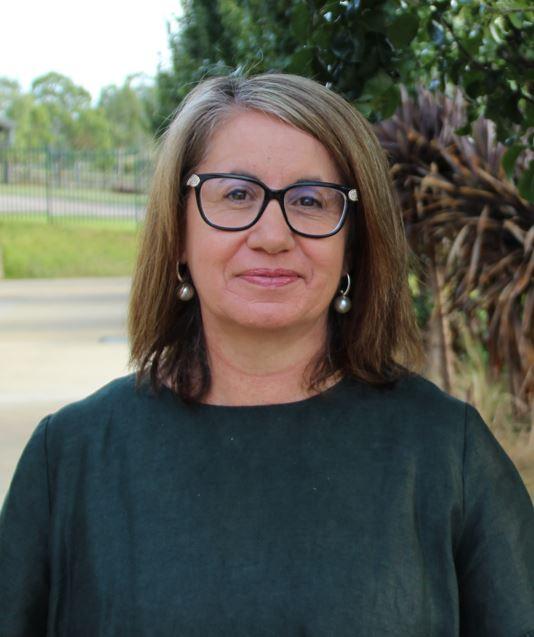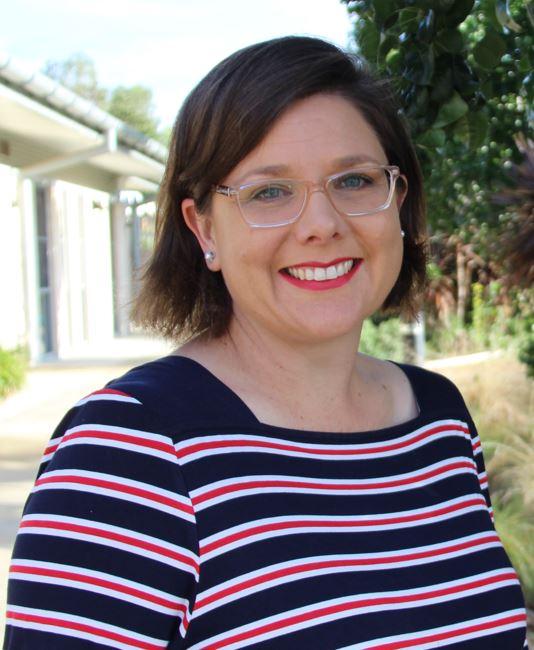Curriculum

This week we have seen a number of important events connected with learning. Year 12 Semester One reports were released last week and on Tuesday evening there was an opportunity for Year 12 students and their parents to speak with Year 12 teachers regarding what students have achieved and demonstrated to date and, most importantly, the next key steps in learning.
Year 7 and Year 9 students completed online NAPLAN tests this week. NAPLAN tests provide information on student progress in literacy and numeracy and complement the wide range of informal assessments conducted in school. Schools will have access to student summary reports in Term 3. Individual student reports will be available towards the end of Term 3.
All HSC students are required to meet the HSC minimum standard through short online tests in reading, writing and numeracy. Together with NAPLAN, the HSC minimum standard is part of an effort to improve the literacy and numeracy outcomes for students. To show they meet the HSC minimum standard, students need to achieve Level 3 or 4 in short online reading, writing and numeracy tests of skills for everyday life. Tests can be taken in Years 10, 11 or 12. Year 10 students had their first opportunity to demonstrate these skills this week.
STUDY SKILLS TIP FOR MAY – Starting to Write an Assignment
When helping students with assignments, the focus is often just on the research process. These tips will focus on getting started with the writing.
- CHECK REQUIREMENTS
So you have done all of your research, collected the information you will need and are ready to start writing your assignment. Before you begin, revisit the requirements, format and criteria for the task. Be very clear on what the assignment is asking you to do and any guidelines you have been given for the assignment. If you are unsure at all, check with your teacher. It can be good to have the assignment questions written on an index card that you keep next to you while working so you stay focused on answering the question and meeting the requirements.
- PLAN A STRUCTURE
Your approach will vary depending on the style of your assignment (eg. essay, speech, presentation or report) but regardless of this, unless it is explicitly given to you, you need to decide the structure of your assignment. Have you determined the main points, the headings and sub headings? Have you made sure you have gathered information about all parts of the question? Have you found any diagrams, images, photos, quotes needed to reinforce any points? Before you begin the writing, create a structure for your work listing all of the headings and sub-headings you will write about. Keep checking back with the criteria or requirements to ensure you are answering the assignment questions.
- JUST START WRITING
The best thing to do if you have no idea how to begin your writing, is to just start writing. Now this may sound a little strange, but many students do not start writing because they want what they write to be perfect or ‘right’ the first time. Don’t worry whether your writing is up to standard at this stage. Instead concentrate on getting your ideas down onto paper or screen. Choose a section and start putting down ideas on the sorts of things you could include in that section. The hardest part of any writing is starting. Once you start putting down ideas this generates other ideas and before you know it you have some text to work with. So even if you have no idea where to start just write or type ‘I don’t know what to include here’ and even writing this will get your subconscious thinking about what could be included.
- USE YOUR NOTES
Once you have started, you can use your notes from the research you did to build your ideas and arguments for your assignment. This mean that you integrate your own thoughts and ideas with the research you have done using this to help support your ideas. Make sure that you reference correctly, this means that when you use materials you have researched, particularly quotes, you make it clear where this material has been sourced from. You may find holes in your research as you progress and have to then do additional research about those areas.
- BE CREATIVE
Unlike an essay, you generally have a bit more scope in how you present an assignment. Think about how you can bring the material to life for the reader. Photos (appropriately referenced) are a good start and sometimes diagrams, tables, examples, statistics or flowcharts may be appropriate. You might use lists, bullet points or colour to make the material more user-friendly. Your teacher will be reviewing many assignments on the same topic, so what can you do to make yours stand out or have a unique angle.
- REVIEW AND REVIEW AGAIN
Have you ever had that experience where you write something, leave it, come back the next day and read it again and find a whole heap of errors you didn’t see the first time? This is why it is important to space out your work on your assignment over a number of weeks and days. You need time to edit your work and you need space between edits. When you come back with a fresh eye, you will be able to look at your work from a different perspective and get ideas on what you could do to improve your work. As you review your work, look for spelling and grammar errors, possible repetition or unclear areas. Reading your work out loud is surprisingly a great way of locating errors or things that don’t make sense.
www.studyskillshandbook.com.au
Username: mccarthycc
Password: 77success
Sally Sparke - Assistant Principal - Curriculum,
Briony Martin - Leader of Pedagogy &
Stephen Lawson - Leader of Pedagogy



